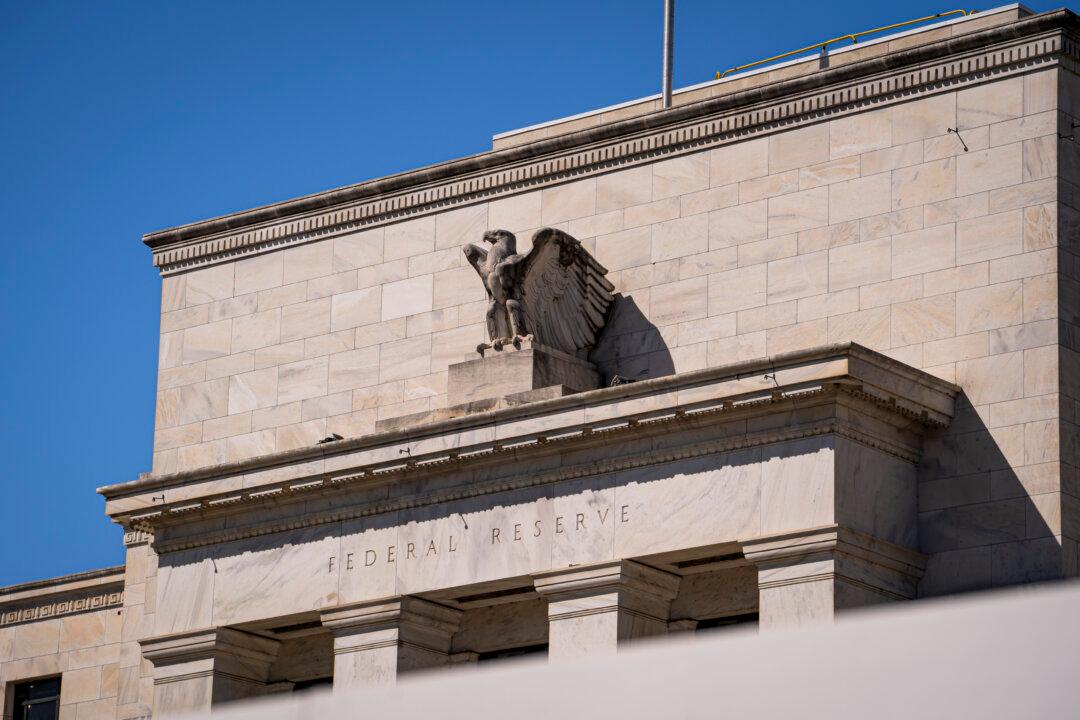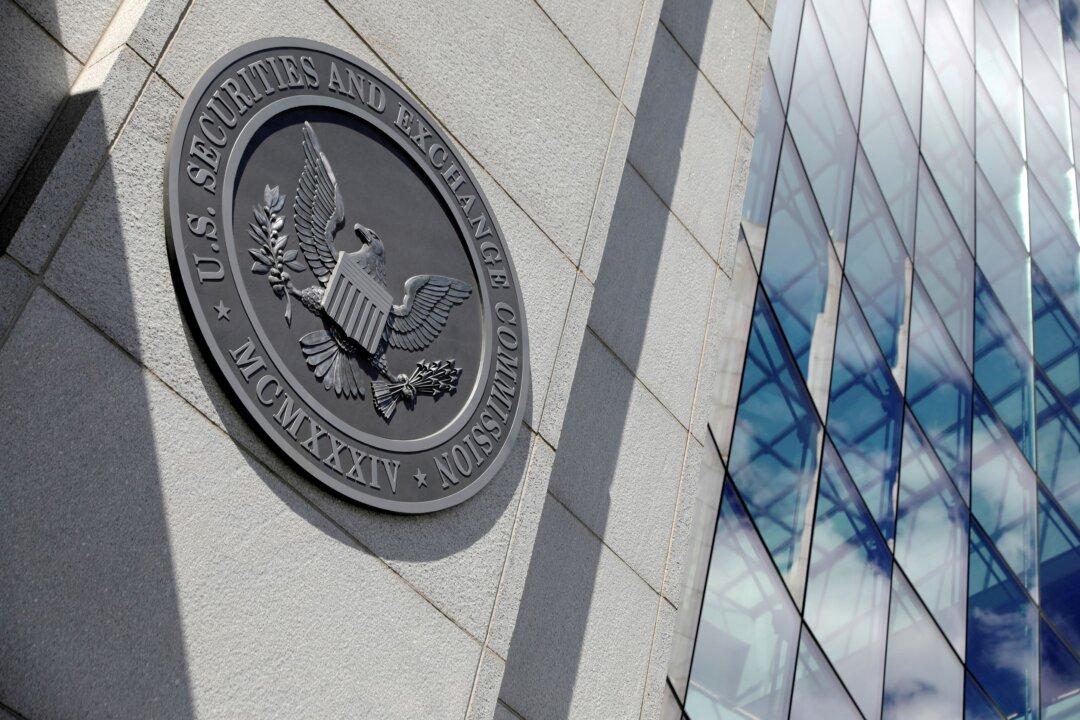Dr. Sanjay Verma, an adult cardiologist practicing in Coachella Valley, California, sees a few hundred patients a month, and since last summer, he has seen “possibly a dozen” patients whose heart conditions might be connected to the COVID vaccines.
“I can only say possibly—not definitively—because we do not yet have any diagnostic test that 100 percent says ’this caused this.' What we do is what’s called a process of exclusion. We look for common associations like coronavirus, influenza virus, other infections, atherosclerosis or coronary artery disease, alcohol, recreational drugs, and if everything keeps coming back negative or normal, then by default and process of exclusion, vaccine-associated heart injury is a probability.




